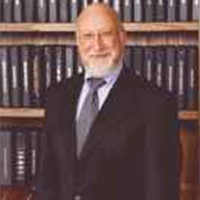Waller County, TX Estate Lawyers
Sponsored Law Firm
-
 x
x

Click For More Info:
-
Levin & Atwood, LLP
20501 Katy Fwy Ste 217 Katy, TX 77450» view mapEstate Law Knowledge And Experience You Can Trust
Levin & Atwood provides the full spectrum of legal counsel to family owned and other private companies.
281-579-6044
Corinne Hillsman Vahalik
Commercial Real Estate, Wills, Business & Trade, Business
Status: In Good Standing Licensed: 17 Years
Dora Ann Gostecnik
Real Estate, Litigation, Wills & Probate, Estate
Status: In Good Standing Licensed: 21 Years
Charles John Karisch
Commercial Real Estate, International Other, Wills, Estate
Status: In Good Standing Licensed: 43 Years
Carol Adare Chaney
Juvenile Law, Wills, Family Law, Criminal
Status: In Good Standing Licensed: 31 Years
 Stuart Levin Katy, TX
Stuart Levin Katy, TX AboutLevin & Atwood, LLP
AboutLevin & Atwood, LLP Practice AreasExpertise
Practice AreasExpertise
